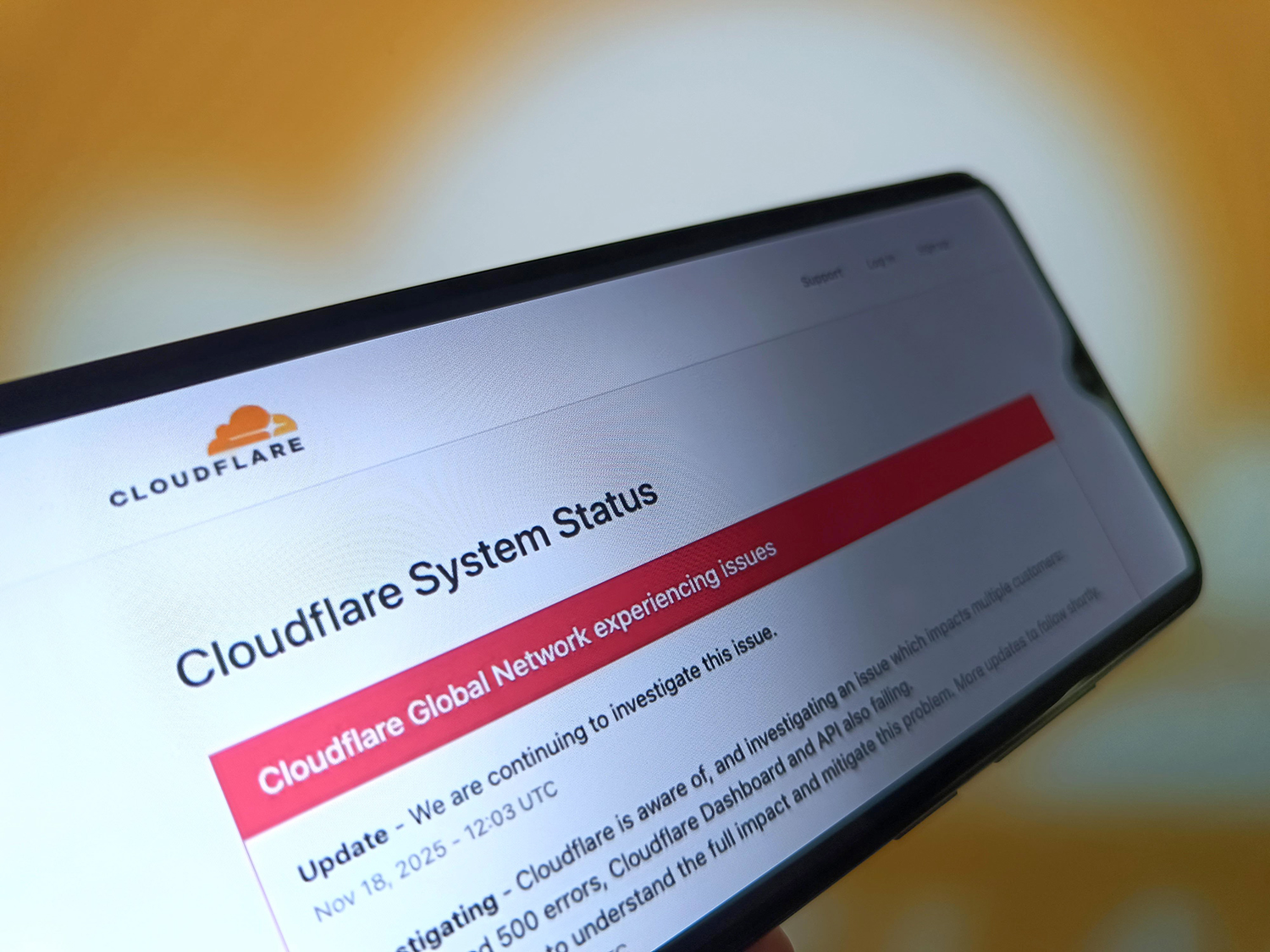Pegasus: behind the hacking spyware that can access ‘our most intimate secrets’
Ingenious software covertly allows access to target’s mobile phone - with ‘devastating’ implications for democracy

A free daily email with the biggest news stories of the day – and the best features from TheWeek.com
You are now subscribed
Your newsletter sign-up was successful
Pegasus is an ingenious piece of spyware that covertly allows access to the target’s mobile phone, said The Guardian. Once it gains access, via little-known software flaws, it can not just extract emails, photos and contact details, but also secretly activate the phone’s microphone and camera – in short, it can access “our most intimate secrets”.
The Israeli company that makes it, NSO, claims that it sells its software only to vetted government clients, to help them prevent “terrorism and crime”. Unfortunately, that is not the case.
An investigation coordinated by the NGO Forbidden Stories, Amnesty and 17 news organisations, including The Guardian, suggests that Pegasus has been used by many authoritarian regimes and right-wing populist governments to target journalists, human rights activists, dissidents and opposition politicians. Pegasus seems to be enabling Orwellian “state surveillance” on a vast scale.
The Week
Escape your echo chamber. Get the facts behind the news, plus analysis from multiple perspectives.

Sign up for The Week's Free Newsletters
From our morning news briefing to a weekly Good News Newsletter, get the best of The Week delivered directly to your inbox.
From our morning news briefing to a weekly Good News Newsletter, get the best of The Week delivered directly to your inbox.
The list of NSO’s clients should have raised suspicions, said Robert Fox on Reaction.life. Big users include Hungary, Azerbaijan, Morocco, the UAE, Saudi Arabia and Rwanda. Investigators have leaked a list of 50,000 phone numbers that may have been subjected to surveillance.
Among those apparently targeted were two leading journalists investigating state corruption and organised crime in Mexico; Hatice Cengiz, fiancée of the journalist Jamal Khashoggi who was murdered by Saudi Arabian agents; Roula Khalaf, the editor of the FT; and even, it seems, France’s President Macron, apparently targeted by Moroccan intelligence.
The leaked list of names has set off a “political storm” in India, said Manoj C.G. in The Indian Express. Prime Minister Narendra Modi’s most prominent political rival, Rahul Gandhi of the Congress party, was twice selected as a potential surveillance target by NSO. Dozens of Indian politicians, journalists, activists and government critics seem to have been targeted.
The implications for democracy are devastating, said Amitai Ziv in Haaretz. Who will ever want to share a secret with a reporter if they believe state agents may be listening in? Protests won’t even happen if everyone is “monitored and silenced” before they can reach the streets.
A free daily email with the biggest news stories of the day – and the best features from TheWeek.com
Alas, this issue is not limited to NSO, said David Kaye and Marietje Schaake in The Washington Post. The Israeli firm is just one of hundreds vying for a piece of the “lucrative private surveillance pie”; many are ready to do business with regimes of any stripe. Our response should be to push for a moratorium on the transfer of spyware until there are proper international controls in place. Anything less, and we could be headed for a “global surveillance tech catastrophe”.
-
 Moltbook: The AI-only social network
Moltbook: The AI-only social networkFeature Bots interact on Moltbook like humans use Reddit
-
 Are AI bots conspiring against us?
Are AI bots conspiring against us?Talking Point Moltbook, the AI social network where humans are banned, may be the tip of the iceberg
-
 Silicon Valley: Worker activism makes a comeback
Silicon Valley: Worker activism makes a comebackFeature The ICE shootings in Minneapolis horrified big tech workers
-
 AI: Dr. ChatGPT will see you now
AI: Dr. ChatGPT will see you nowFeature AI can take notes—and give advice
-
 Metaverse: Zuckerberg quits his virtual obsession
Metaverse: Zuckerberg quits his virtual obsessionFeature The tech mogul’s vision for virtual worlds inhabited by millions of users was clearly a flop
-
 The robot revolution
The robot revolutionFeature Advances in tech and AI are producing android machine workers. What will that mean for humans?
-
 Texts from a scammer
Texts from a scammerFeature If you get a puzzling text message from a stranger, you may be the target of ‘pig butchering.’
-
 Blackouts: Why the internet keeps breaking
Blackouts: Why the internet keeps breakingfeature Cloudflare was the latest in a string of outages


